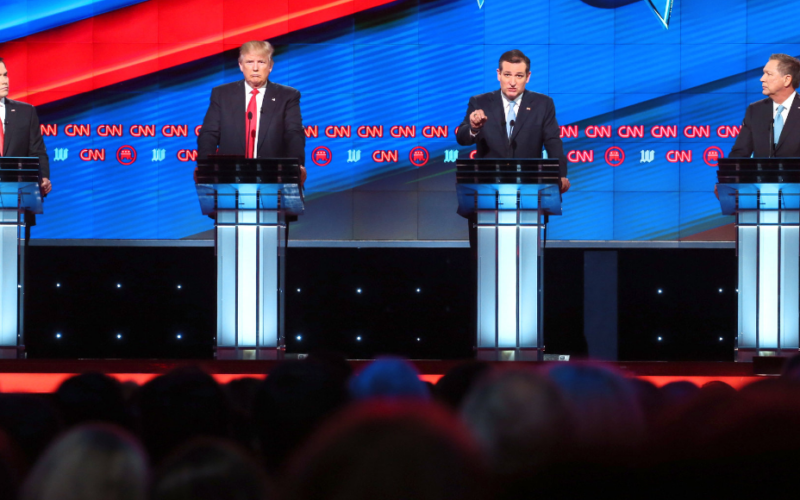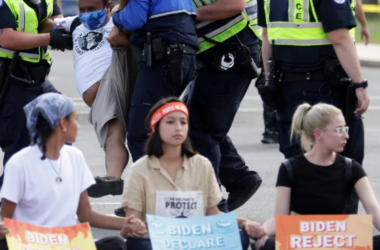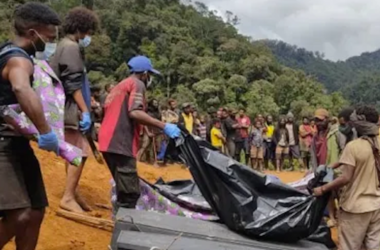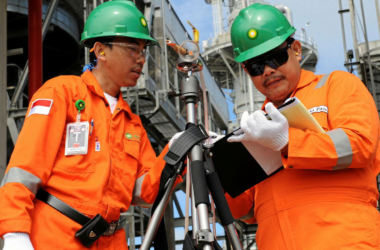In a twist on the immigration debate that dominated the 2016 election, Republican contenders for the 2024 presidential primary are now turning their attention northward, with discussions about the potential need for a border wall along the United States and Canada frontier. Former President Donald J. Trump’s call for a “big, beautiful wall” on the southern border served as a defining issue in 2016, and now, his rivals are exploring the possibility of extending such infrastructure to the northern border.
As the Republican primary intensifies, 2024 contenders, eager to differentiate themselves, are engaging in discussions about bolstering border security, not only along the southern border but also along the northern boundary with Canada. Nikki Haley, the former governor of South Carolina, has emphasized the importance of stepped-up enforcement not only on the southern border but also on the northern border. Other prominent figures, such as Governor Ron DeSantis of Florida, have suggested the need for a wall in specific trouble spots along the U.S.-Canada frontier.
While some contenders advocate for increased border security measures, including the possibility of constructing a wall, this notion has not been universally accepted within the Republican field. Vivek Ramaswamy, a tech entrepreneur, went a step further, proposing the construction of not one but two walls along the northern border. The debate over the necessity of such measures is playing out on the campaign trail and in communities located along the border.
In Pittsburg, New Hampshire, a town near the northern border, residents express mixed opinions on the idea of a border wall. The town, situated in a secluded and forested region, has a population of 830 people and is known for attracting outdoor enthusiasts. Some residents view the prospect of a border wall negatively, expressing concerns about potential impacts on cross-border relationships, as residents often have relatives on both sides. Others, however, express support for enhanced border security measures.
The history of Pittsburg, with its origins dating back to the Treaty of Paris in 1783, adds complexity to the debate. Fierce contests between the French, British, and indigenous Abenaki people marked the region’s past, leading to the establishment of the Indian Stream Republic. Despite its historical significance, Pittsburg residents are not accustomed to being at the forefront of national immigration discussions.
Recent statistics from U.S. Customs and Border Protection reveal increased apprehensions along the northern border, with the highest levels in at least 16 years. Republican leaders, including Governor Chris Sununu of New Hampshire, have called for heightened patrols and emphasized concerns about individuals on the terrorist watch list crossing the northern border. Such concerns have drawn national attention to the region, prompting discussions on how best to address potential security threats.
Pittsburg residents, however, appear more preoccupied with rising property prices than potential border security issues. The community, with its close ties to Canada and a long history of fluid cross-border movement, maintains a pragmatic view on the matter. While some express support for increased government resources along the northern border, others contend that the challenging wilderness itself acts as a natural deterrent.
As the 2024 Republican primary unfolds, the debate over a potential northern border wall adds a new dimension to the traditional discussions around immigration and border security. The varied perspectives within the Republican field and among local communities highlight the complexities of addressing border security concerns along the northern frontier. As contenders continue to vie for support, the question of how best to secure the northern border remains a topic of ongoing discussion and debate.








